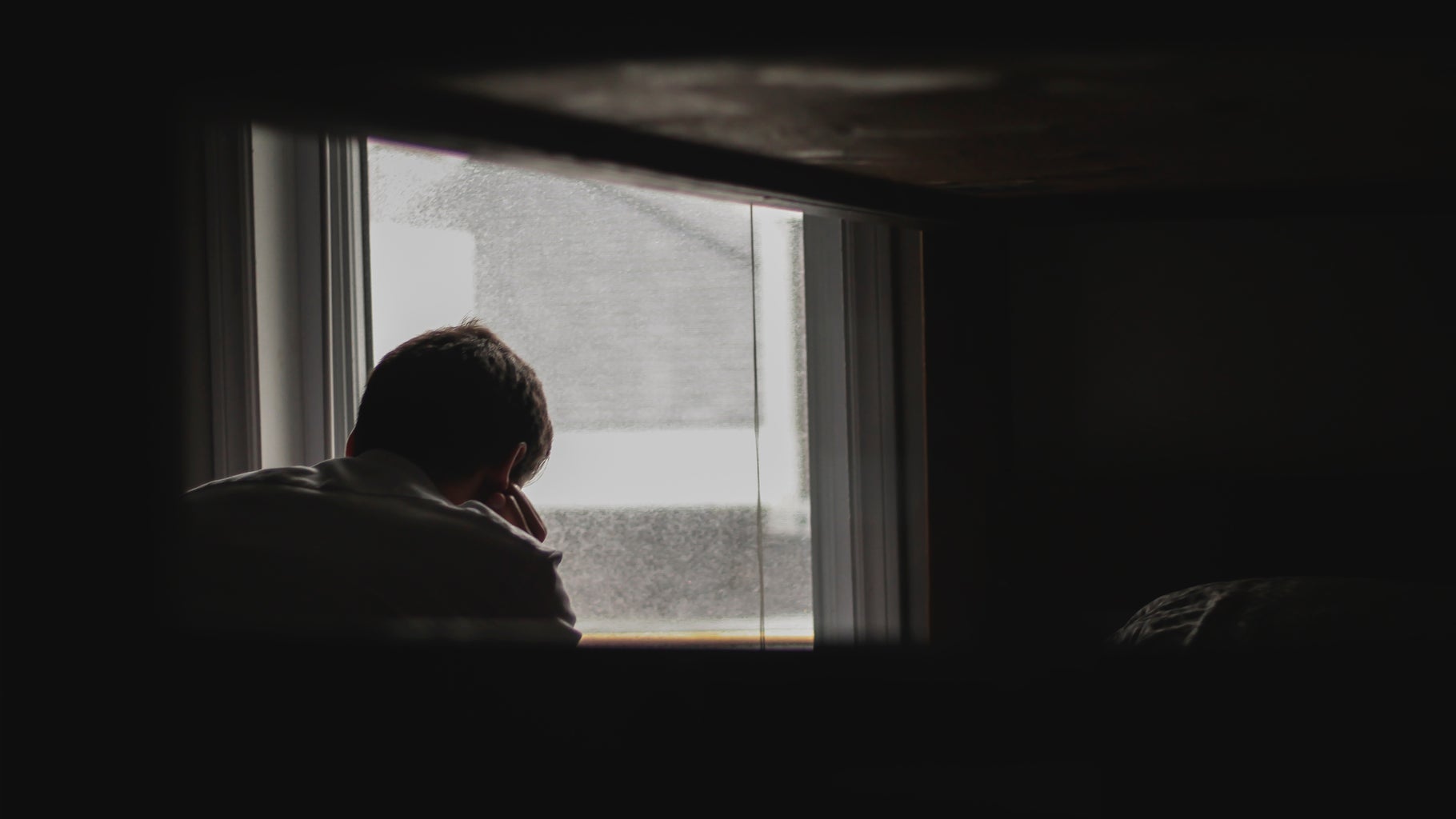This time of year is renowned for celebrating generational traditions invoking intimacy and joy with family and friends. Seemingly, most individuals find the holiday season to be “the most wonderful time of the year.” However, many individuals find the holidays especially challenging; feelings of grief, depression and stress are oftentimes magnified and overwhelming during the holiday season.
Despite what holiday movies and social media posts portray, 55% of Americans feel sad or lonely this season. People of all ages, genders, races and socioeconomic backgrounds experience these emotions. Understanding how grief, depression, and anxiety affects you personally allows you to help navigate through negative emotions.
- Acknowledge Feelings
-
Being able to recognize and affirm negative emotions is the first step in manufacturing improvement. Acknowledging feelings internally and/or externally is the dominant factor in seeking out coping mechanisms.
- Develop A Routine
-
Depression, grief and anxiety often derail daily structure. Setting a gentle routine will allow you to facilitate functionality. Whether it’s a daily routine, a morning/night routine or even a skincare routine, the structure may expedite feelings of control.
- Set REALISTIC GOALS
-
Goal setting can provide feelings of accomplishment and facilitate positive living. Starting with small, short-term goals and working towards bigger, long-term goals could build confidence and allow for success.
Staying optimistic with a mindset of “I can do this” is key to accomplishing the goals that were put in place.
- EXERCISE
-
Exercise releases endorphins, which temporarily increase mood and positive feelings. Scientifically, moving your body temporarily helps mental health.
You do not need to run a marathon to release endorphins; light exercise such as walking contributes benefits.
- EAT HEALTHY
-
There is no special diet or specific food that will cure depression, grief, or stress. However, eating healthy can produce feelings of control and may make you feel better.
- REGULATE SLEEP CYCLE
-
Quality sleep is just as important as quantity. A multitude of studies have been conducted on sleep, findings conclude that sleep is a major factor in how you feel.
Set a time for when you go to bed, don’t watch TV or scroll on your phone, don’t take naps, remove distractions from your bedroom and/or even try creating a bedtime routine. Getting relaxed before bed is crucial in finding and keeping a good night’s sleep.
- IMPLEMENT breaks
-
Removing yourself from your stressor can help decrease anxiety, invoke productivity, and lower feelings of depression. Again, listen to your feelings and allow them to help you decide what you need mentally, emotionally, and physically.
- set boundaries
-
Pay attention to what improves your mood and what worsens it. Allow your feelings to guide your decision-making. If an upcoming holiday party is causing you undue stress, assess the factors that evoke negative connotations and then decide whether participation is necessary.
At the end of the day, you come first. Set boundaries as you see fit.
- challenge negative thinking
-
Practice challenging negative thoughts with logical reasoning.
- seek professional help
-
If negative emotions become uncontrollable, overwhelming, or derail your daily functions seek professional help. Depression, grief, and anxiety can be controlled; feelings of helplessness oftentimes distort reality. Reach out to your doctor or any professional health providers if your negative feelings are unbearable.
Additional resources are included below.
MENTAL HEALTH: If you or someone you know is seeking help for mental health concerns, visit the National Alliance on Mental Illness (NAMI) website, or call 1-800-950-NAMI(6264). For confidential treatment referrals, visit the Substance Abuse and Mental Health Services Administration (SAMHSA) website, or call the National Helpline at 1-800-662-HELP(4357). In an emergency, contact the National Suicide Prevention Lifeline at 1-800-273-TALK(8255) or call 911.
SUICIDE: If you or someone you know is experiencing suicidal thoughts, call the National Suicide Prevention Hotline at 1-800-273-8255 or text HOME to the Crisis Text Line at 741741. You can also reach out to the Trans Lifeline at 877-565-8860 or the Trevor Lifeline at 1-866-488-7386, or to your local suicide crisis center.



